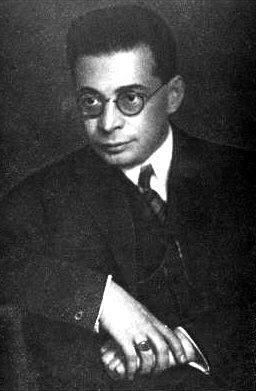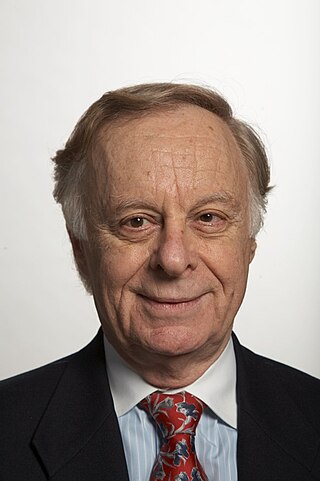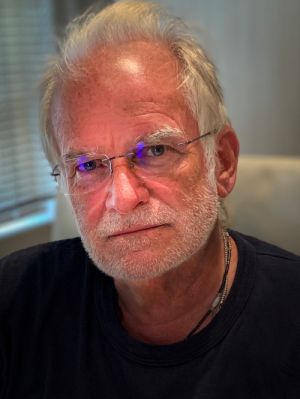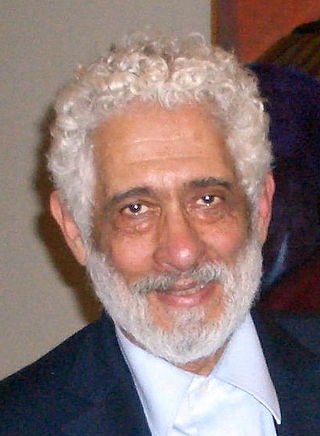Psychoanalysis is a set of theories and therapeutic techniques that deal in part with the unconscious mind, and which together form a method of treatment for mental disorders. The discipline was established in the early 1890s by Sigmund Freud, whose work stemmed partly from the clinical work of Josef Breuer and others. Freud developed and refined the theory and practice of psychoanalysis until his death in 1939. In an encyclopedic article, he identified the cornerstones of psychoanalysis as "the assumption that there are unconscious mental processes, the recognition of the theory of repression and resistance, the appreciation of the importance of sexuality and of the Oedipus complex." Freud's colleagues Alfred Adler and Carl Gustav Jung developed offshoots of psychoanalysis which they called individual psychology (Adler) and analytical psychology (Jung), although Freud himself wrote a number of criticisms of them and emphatically denied that they were forms of psychoanalysis. Psychoanalysis was later developed in different directions by neo-Freudian thinkers, such as Erich Fromm, Karen Horney, and Harry Stack Sullivan.

Otto Rank was an Austrian psychoanalyst, writer, and philosopher. Born in Vienna, he was one of Sigmund Freud's closest colleagues for 20 years, a prolific writer on psychoanalytic themes, editor of the two leading analytic journals of the era, managing director of Freud's publishing house, and a creative theorist and therapist. In 1926, Rank left Vienna for Paris and, for the remainder of his life, led a successful career as a lecturer, writer, and therapist in France and the United States.
Heinz Kohut was an Austrian-born American psychoanalyst best known for his development of self psychology, an influential school of thought within psychodynamic/psychoanalytic theory which helped transform the modern practice of analytic and dynamic treatment approaches.
Medard Boss was a Swiss psychoanalytic psychiatrist who developed a form of psychotherapy known as Daseinsanalysis, which united the psychotherapeutic practice of psychoanalysis with the existential phenomenological philosophy of friend and mentor Martin Heidegger.
Ernst Kris was an Austrian psychoanalyst and art historian.

Siegfried Bernfeld was an Austrian psychologist and educator who was a native of Lemberg.
The British Psychoanalytic Council (BPC) is an association of training institutions and professional associations which have their roots in established psychoanalysis and analytical psychology. They bring together approximately 1500 practitioners of psychoanalytic and psychodynamic psychotherapy who as individuals become registrants of the BPC.
The Chicago Psychoanalytic Institute is a center for psychoanalytic research, training, and education on Michigan Avenue in downtown Chicago. The institute provides professional training in the theory and practice of psychoanalysis and psychotherapy. It was founded in 1932 by Franz Alexander, a pioneer in psychosomatic medicine at the Berlin Psychoanalytic Institute, who moved to Chicago at the invitation of Robert Maynard Hutchins, then president of the University of Chicago. Notable psychoanalysts that have been associated with the institute include Karl Menninger, Karen Horney, Thomas Szasz, Therese Benedek, Hedda Bolgar, Roy Grinker, Maxwell Gitelson, Louis Shapiro, Heinz Kohut, Arnold Goldberg, Jerome Kavka, Frank Summers, Ernest A. Rappaport, and Michael Franz Basch.
Richard C. Friedman was an academic psychiatrist, the Clinical Professor of Psychiatry at Weill Cornell Medical College, and a faculty member at Columbia University. He has conducted research in the endocrinology and the psychodynamics of homosexuality, especially within the context of psychoanalysis. Friedman was born in The Bronx, New York.
Kenneth A. Frank is an American clinical psychologist and psychoanalyst, and co-founder of the National Institute for the Psychotherapies in New York City, where he is Director of Training. A faculty member of the Columbia University College of Physicians and Surgeons from 1974 to 2009, he was Clinical Professor in Psychiatry from 1996 to 2009. He received his MA (1964) and PhD (1967) in Clinical Psychology from Columbia University.
Erwin Mark Stern was a humanistic/existential psychologist.

Henry Zvi Lothane is a Polish-born American psychiatrist, psychoanalyst, educator and author. Lothane is currently Clinical Professor at Icahn School of Medicine at Mount Sinai, New York City, specializing in the area of psychotherapy. He is the author of some eighty scholarly articles and reviews on various topics in psychiatry, psychoanalysis and the history of psychotherapy, as well as the author of a book on the famous Schreber case, entitled In Defense of Schreber: Soul Murder and Psychiatry. In Defense of Schreber examines the life and work of Daniel Paul Schreber against the background of 19th and early 20th century psychiatry and psychoanalysis.

Barnaby B. Barratt is a radical psychoanalyst, specialist in human sexuality, somatic psychologist, human rights activist and practitioner of meditation in the Dharmic traditions of tantra. He has lived in England, India, USA and Thailand and he currently lives and practices in Johannesburg, South Africa. He is Director of Studies at the Parkmore Institute.

Pamela Cooper-White is the Christiane Brooks Johnson Professor Emerita and Dean Emerita of Psychology and Religion at Union Theological Seminary in New York.

Arnold Richards is a psychoanalyst and former editor of The American Psychoanalyst and Journal of the American Psychoanalytic Association (JAPA). Richards also is the Training and Supervising Analyst at the New York Psychoanalytic Institute. He is the founder and Editor-in-Chief of the International Psychoanalysis.net magazine. Richards is a board member and former chair of YIVO.

Galit Atlas is an Israeli-American psychoanalyst best known for her rethinking of the place of sexuality and desire in contemporary theory and practice. Her new and innovative work on emotional inheritance explores the ways our ancestors' experiences shape our lives.
Nancy McWilliams, Ph.D., ABPP., is emerita visiting professor at the Graduate School of Applied and Professional Psychology at Rutgers University. She has written on personality and psychotherapy.
Paul Hermann Ornstein was a Hungarian-American psychoanalyst and Holocaust survivor.
The International Institute of Depth Psychology (IIDP) is a private higher educational establishment in Kyiv, Ukraine. It specializes in psychoanalytic education, including theoretical psychoanalytic education, psychoanalytic training and supervision support for the beginning of practical psychotherapeutic activities.
Stanton Marlan, Ph.D., ABPP, FABP is an American clinical psychologist, Jungian psychoanalyst, author, and educator. Marlan has authored or edited scores of publications in Analytical Psychology and Archetypal Psychology. Three of his more well-known publications are The Black Sun. The Alchemy and Art of Darkness, C. G. Jung and the Alchemical Imagination, and Jung's Alchemical Philosophy. Marlan is also known for his polemics with German Jungian psychoanalyst Wolfgang Giegerich. Marlan co-founded the Pittsburgh Society of Jungian Analysts and was the first director and training coordinator of the C. G. Jung Institute Analyst Training Program of Pittsburgh. Currently, Marlan is in private practice and serves as adjunct professor of Clinical Psychology at Duquesne University, Pittsburgh, Pennsylvania, USA.






